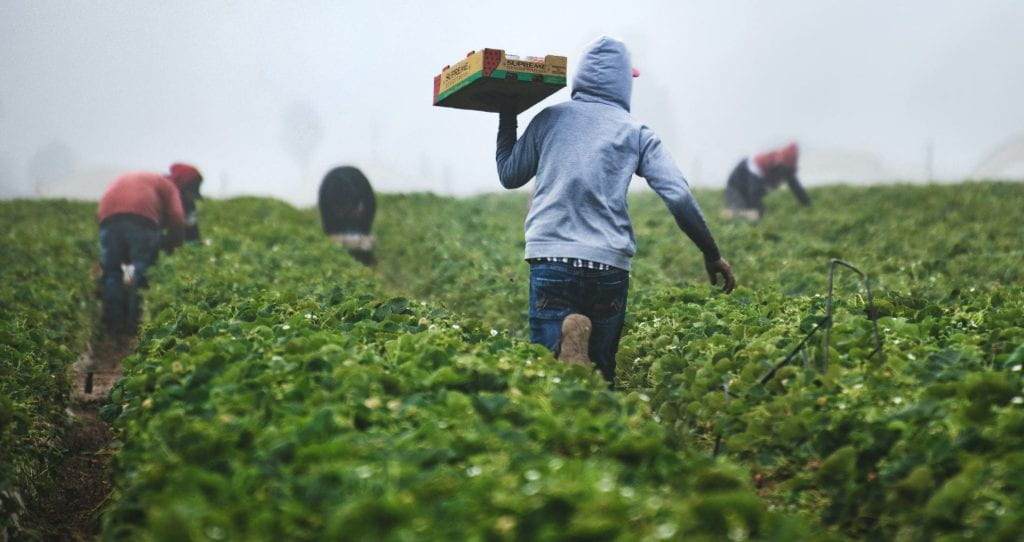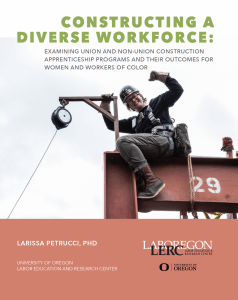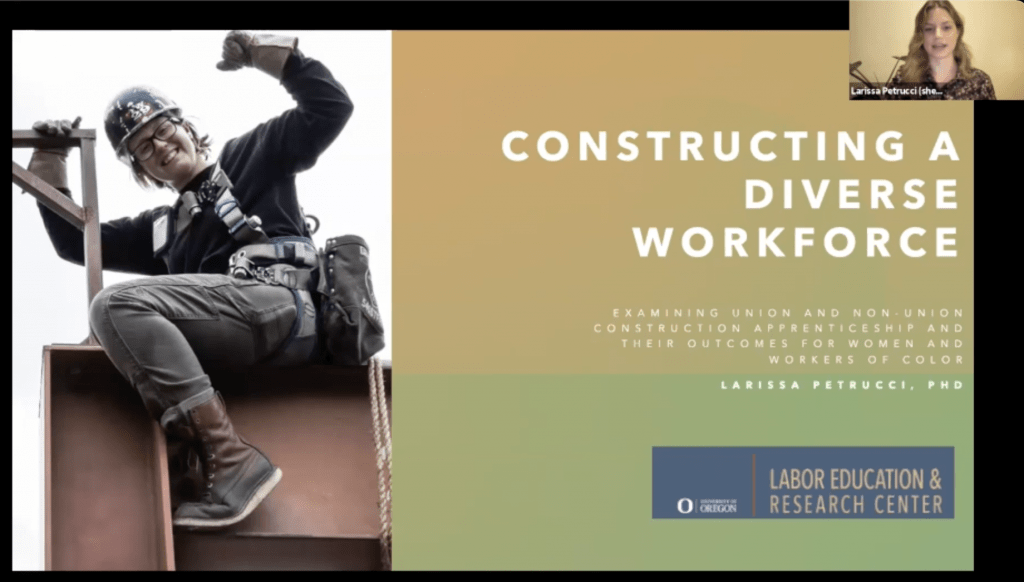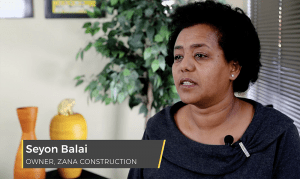
This year the Pacific Northwest Labor History Association will hold a conference in Portland, OR on April 25th and 26th. The theme of the conference is, “Workers and Unions in a Hostile Political Climate—What Can Labor History Tell Us?” Subtopics at the conference may include:
The Immigration Act of 1924 in Historical Perspective
Young Workers Organizing Today
Labor and the Environment
Race and Labor in the PNW
Labor History of PNW industries
Specific details about the conference will come later. In the meantime, please visit the PNLHA website for more information about their work and what they do.




